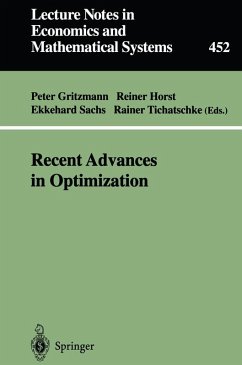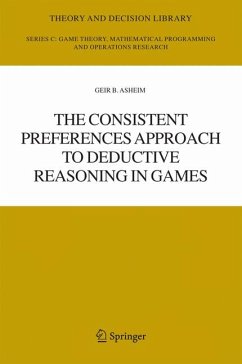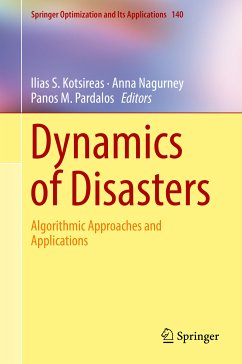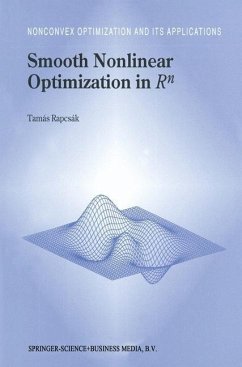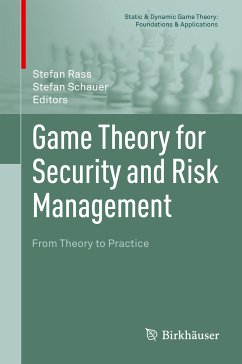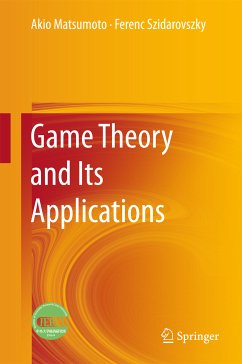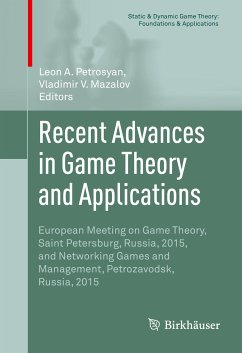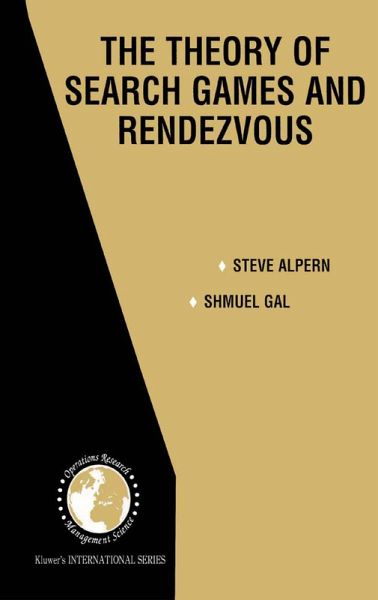
The Theory of Search Games and Rendezvous (eBook, PDF)
Versandkostenfrei!
Sofort per Download lieferbar
72,95 €
inkl. MwSt.
Weitere Ausgaben:

PAYBACK Punkte
36 °P sammeln!
Search Theory is one of the original disciplines within the field of Operations Research. It deals with the problem faced by a Searcher who wishes to minimize the time required to find a hidden object, or "target. " The Searcher chooses a path in the "search space" and finds the target when he is sufficiently close to it. Traditionally, the target is assumed to have no motives of its own regarding when it is found; it is simply stationary and hidden according to a known distribution (e. g. , oil), or its motion is determined stochastically by known rules (e. g. , a fox in a forest). The proble...
Search Theory is one of the original disciplines within the field of Operations Research. It deals with the problem faced by a Searcher who wishes to minimize the time required to find a hidden object, or "target. " The Searcher chooses a path in the "search space" and finds the target when he is sufficiently close to it. Traditionally, the target is assumed to have no motives of its own regarding when it is found; it is simply stationary and hidden according to a known distribution (e. g. , oil), or its motion is determined stochastically by known rules (e. g. , a fox in a forest). The problems dealt with in this book assume, on the contrary, that the "target" is an independent player of equal status to the Searcher, who cares about when he is found. We consider two possible motives of the target, and divide the book accordingly. Book I considers the zero-sum game that results when the target (here called the Hider) does not want to be found. Such problems have been called Search Games (with the "ze- sum" qualifier understood). Book II considers the opposite motive of the target, namely, that he wants to be found. In this case the Searcher and the Hider can be thought of as a team of agents (simply called Player I and Player II) with identical aims, and the coordination problem they jointly face is called the Rendezvous Search Problem.
Dieser Download kann aus rechtlichen Gründen nur mit Rechnungsadresse in A, B, BG, CY, CZ, D, DK, EW, E, FIN, F, GR, HR, H, IRL, I, LT, L, LR, M, NL, PL, P, R, S, SLO, SK ausgeliefert werden.




